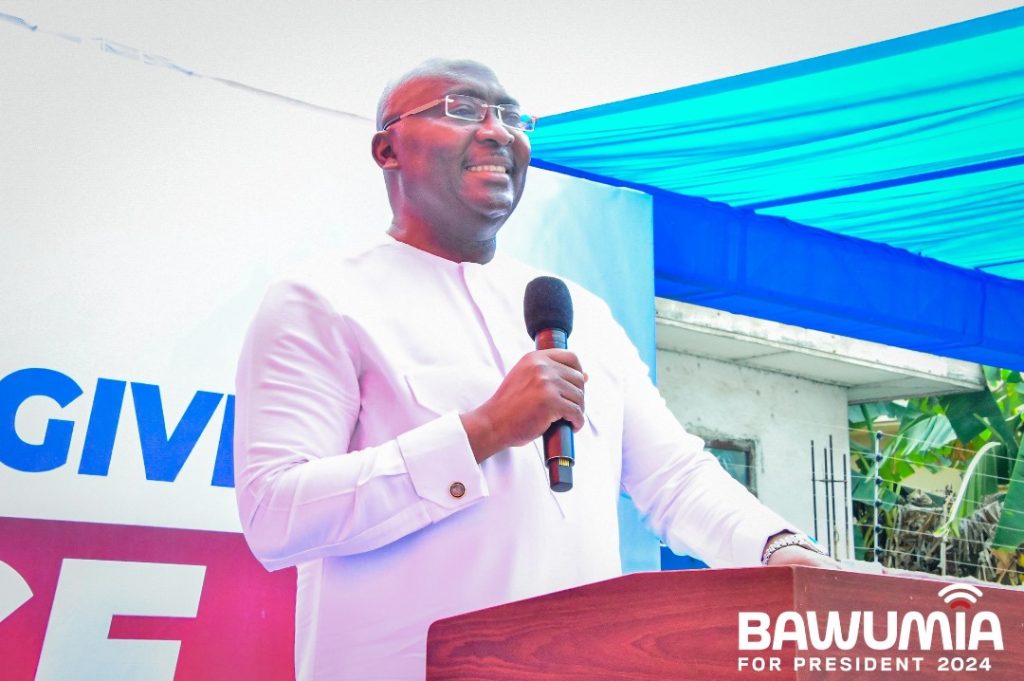In a recent statement, Vice President Dr. Mahamudu Bawumia acknowledged the challenging economic landscape inherited by the current administration, emphasizing the decline in economic growth. This admission sheds light on the complexities and hurdles faced by policymakers as they work towards revitalizing the economy. In this article, we delve into the factors contributing to the decline in economic growth and explore the strategies being employed to steer the nation towards prosperity.
Acknowledging the Inheritance:
Dr. Bawumia’s acknowledgment of the inherited economic decline is a commendable act of transparency. It reflects the government’s commitment to accountability and sets the stage for an honest appraisal of the challenges at hand. Understanding the root causes of the economic downturn is crucial for formulating effective strategies to reverse the trend.
Factors Contributing to Economic Decline:
Several factors have contributed to the decline in economic growth, and acknowledging these challenges is the first step towards finding sustainable solutions:
1. Global Economic Headwinds: The world has witnessed unprecedented economic challenges, including the COVID-19 pandemic and its aftermath. The global economic slowdown has undoubtedly impacted Ghana’s growth prospects.
2. Fiscal Constraints: The inherited fiscal constraints, such as high levels of public debt, have limited the government’s ability to invest in critical sectors and infrastructure projects.
3. External Shocks: Ghana, like many other developing nations, is vulnerable to external shocks, such as fluctuations in commodity prices, which can significantly impact the country’s export earnings.
4. Structural Issues: Addressing deep-rooted structural issues, including inefficient public institutions, corruption, and a reliance on traditional sectors, is essential for fostering sustainable economic growth.
Government Strategies for Economic Revitalization:
1. Economic Reforms: The government is committed to implementing a series of economic reforms aimed at addressing structural issues, improving the business environment, and promoting private sector growth.
2. Diversification Efforts: Recognizing the need to reduce reliance on traditional sectors, the administration is actively promoting economic diversification by investing in technology, innovation, and other emerging industries.
3. Infrastructure Development: Despite fiscal constraints, the government is prioritizing strategic infrastructure projects that can spur economic activity, create jobs, and enhance overall productivity.
4. Social Interventions: To mitigate the impact of economic challenges on vulnerable populations, the government continues to implement targeted social interventions, such as the Free Senior High School program and the Planting for Food and Jobs initiative.
Conclusion:
Acknowledging the inherited economic decline is a crucial step towards fostering transparency and accountability in governance. While the challenges are substantial, the commitment of the government, as articulated by Vice President Bawumia, to implement robust economic reforms and strategic interventions offers hope for a brighter economic future. The success of these initiatives will hinge on the collaboration of all stakeholders, including the private sector, civil society, and the international community, to build a resilient and prosperous economy for the people of Ghana.

